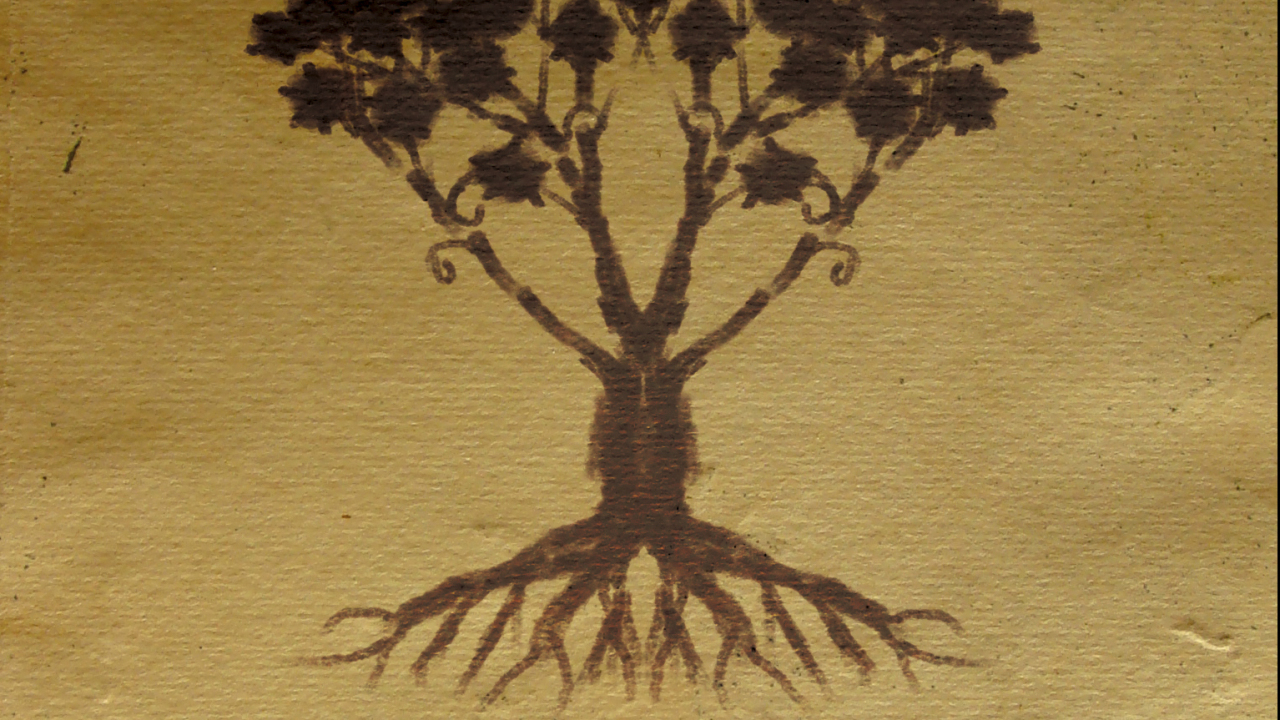The Norwegian art-proggers have described this, their eighth full-length release, as the ‘most complicated and strange’ album they’ve ever made, and to be fair to them, it is pretty damn peculiar. A concept piece based on ‘mad ramblings left behind by an unknown tenant in an apartment in Prague’ that were apparently found in real life, it seeks to explore the dark corners of the human psyche.
Coming, as it does, after 2011’s Missa Atropos, which was all about death, fear and loneliness, and 2012’s literary March Of Ghosts, a Poe-like collection of tales from beyond the grave, they’re clearly not afraid to get their goth on, and Demon has a similarly inky hue to its pale-faced siblings.
There’s a real theatrical feel to the record – it doesn’t take much of a leap to imagine it reworked as a Victorian gothic stageplay. Comprised of just four tracks (although they make up such a twisted and intangible whole, it should only really be listened to as a single, uninterrupted piece of work), stretching themselves indulgently out over five, 10, even 18.30 minutes at a time, Demon is surely as defiantly prog as it’s possible to get today.
But for all the fear, loathing and beasties lurking in the corners, this queasy, chilly drama is offset with a sense of true beauty. Frontman Jan-Henrik Ohme’s vocals are gorgeous, keeping things subtle and clear but soaked with palpable, tragic emotion in the Jeff Buckley vein. His mournful voice floats over delicate piano and weaves around strange, subtle programmed sounds. Bursts of European folk, Middle Eastern violins and heavy waves of post-rock collide beautifully. Ghostly choirs haunt opener I’ve Been Walking Part 1, as it skips from classical flourishes to tougher rock outbursts as deftly as a mountain goat. The epic closer Death Room, meanwhile, seems to wander through a kaleidoscope of despair and insanity, every moment of calm followed by violently stormy thunderclouds gathering overhead.
Demon is certainly not a casual listen and it won’t be bothering the mainstream airwaves any time soon. It greedily demands your full attention, and you’ll notice something new – an otherworldly voice in the distance, a subtle violin pattern, a minimalist splash of percussion – every time you come back to it, as the protagonist’s decent into madness pulls you further under each time you return to it.
Goodness knows what they’re putting in the soup out there in Oslo, but it’s worth a taste just to see what wonderful nightmares it’ll give you.

